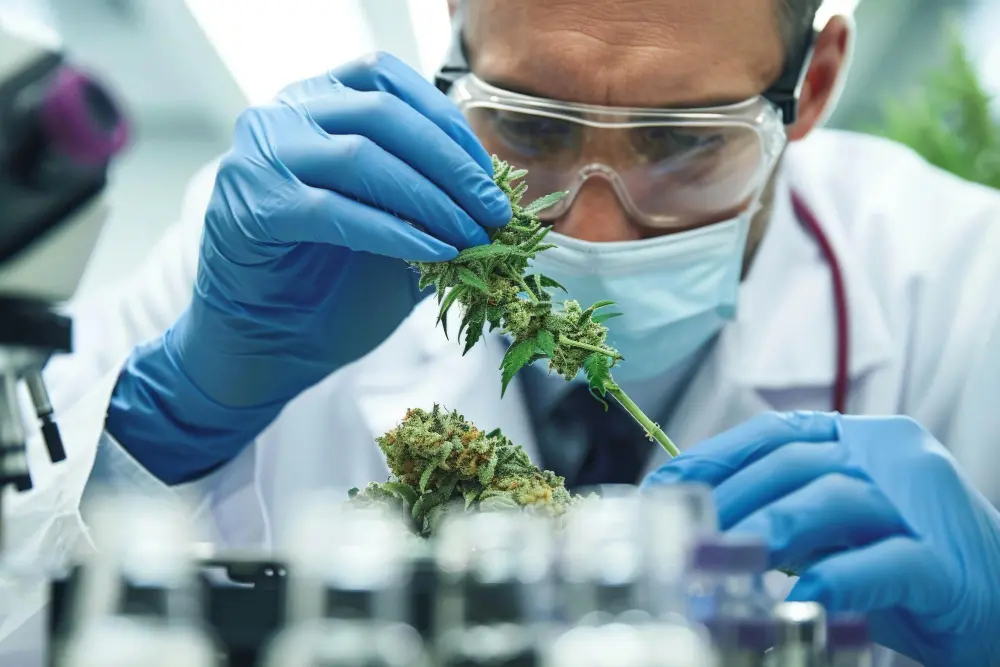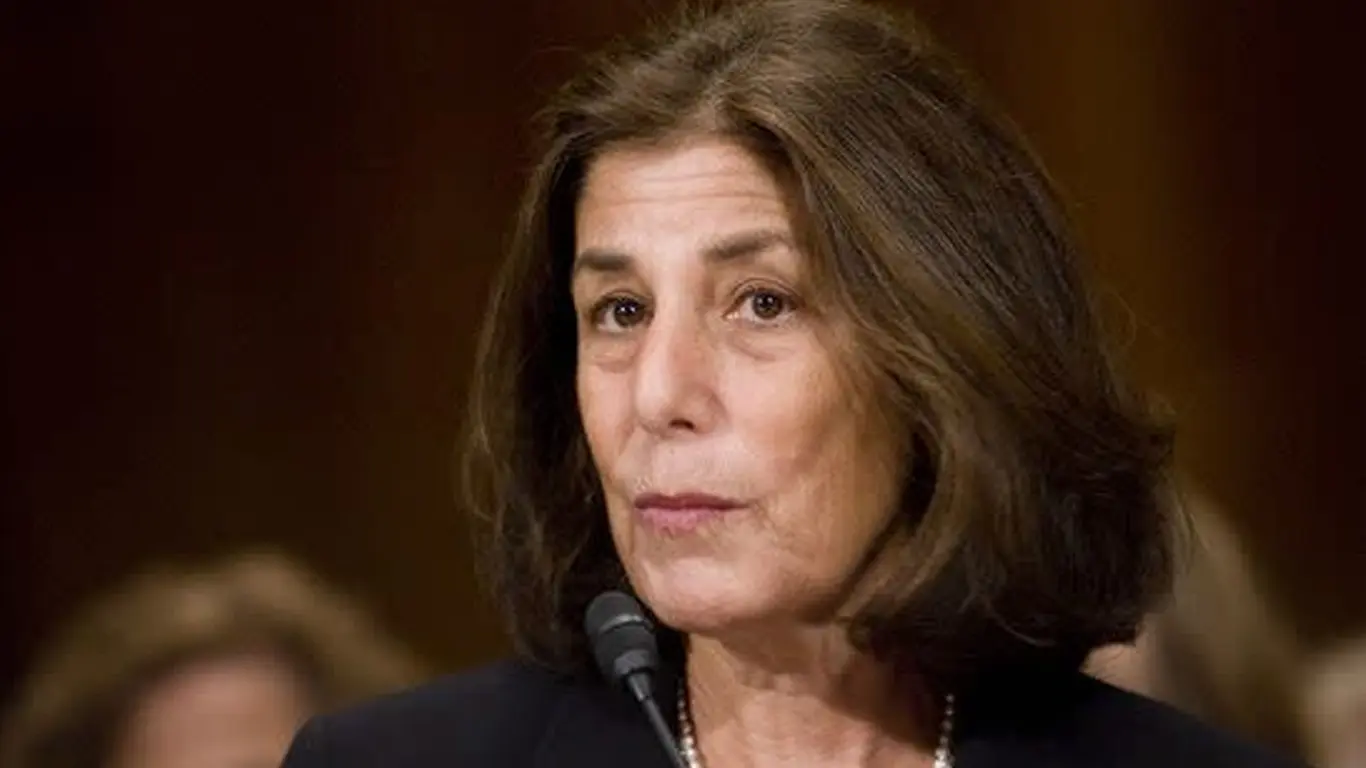A decade after Georgia first legalized the possession of low-THC cannabis oil for medical use, Republican lawmakers are taking steps to expand access, though many argue the state still has some of the strictest regulations in the country.
For years, Georgia conservatives have been cautious about loosening restrictions on cannabis, mindful of its long association with recreational drug use and the potential for abuse. However, a growing number of lawmakers—particularly those who have heard from families desperate for relief—have prioritized measured reforms to ensure patients suffering from conditions like epilepsy, Crohn’s disease, and PTSD can legally access cannabis-derived treatments.
Now, with Georgia’s pivotal legislative deadline, Crossover Day, approaching on March 6, at least one bill has gained significant traction in the statehouse.
A Conservative Approach to Medical Cannabis
Unlike full-scale legalization efforts seen in liberal-leaning states, Georgia has taken a careful, research-driven approach to medical cannabis. Under current law, products containing the psychoactive compound tetrahydrocannabinol (THC) remain illegal, while cannabidiol (CBD) and low-THC products—proven to provide medical benefits without inducing a “high”—are permitted in limited circumstances.
However, patients still face challenges accessing these treatments. House Bill 227, introduced by Rep. Robert Dickey (R-Musella), aims to streamline the process by making the program more user-friendly. Dickey, a steadfast advocate for patient access within a responsible framework, has dubbed the legislation the “Putting Georgia’s Patients First Act.”
The bill would:
- Update terminology in Georgia’s legal code, replacing “low-THC oil” with “medical cannabis” to reflect the product’s legitimate medical use.
- Improve public awareness, following a 2024 report showing that many doctors and patients are still unaware of Georgia’s medical cannabis program.
- Expand eligibility by removing the requirement that conditions like cancer or Parkinson’s disease must be in severe or end-stage phases and by adding lupus to the list of qualifying conditions.
“Since the original legislation passed, we’ve focused on refining the system, but not necessarily on the patients,” said Rep. Dickey. “This bill is about making sure those who need medical cannabis can actually access it.”
HB 227 passed overwhelmingly in the House with a 164-1 vote. Meanwhile, a separate proposal—Senate Bill 220—would go even further, allowing for additional cannabis-based treatments and lifting bans on products like vaporized cannabis oil. That bill has cleared the Senate Health and Human Services Committee and is awaiting a full Senate vote.
Balancing Patient Access and Public Safety
Georgia remains one of the more restrictive states when it comes to medical cannabis. While 23 states have legalized medical marijuana, Georgia is among just nine that only permit CBD and low-THC products. Advocates argue that while the state has made progress, the regulatory framework still forces many patients to turn to out-of-state options.
Former Republican state lawmaker Allen Peake, who spearheaded Georgia’s initial medical cannabis legislation, says the positive impact is undeniable.
“Just last week at church, an elderly woman approached me and said, ‘You have no idea how much this law has improved my quality of life,’” Peake recalled. “I’ve heard this story so many times—from people who were able to reduce seizures, come off pharmaceuticals, or manage chronic pain.”
Despite these successes, Peake and other conservatives maintain a clear distinction between medical cannabis and recreational marijuana, firmly opposing efforts to legalize the drug for non-medical use.
“Why shouldn’t we allow someone to benefit—not just when they’re dying, but if it can improve their quality of life?” Peake asked. “That’s why I’m so grateful to Rep. Dickey for leading the charge on this.”
The Push for Further Expansion
While HB 227 has earned bipartisan support, some argue it doesn’t go far enough. Under current law, Georgia patients can access only oils, tinctures, transdermal patches, lotions, and capsules. Missing from the list are edible products, vaporization, and smokable cannabis—forms of treatment that some patients insist are more effective.
Yolanda Bennett, co-founder of the Georgia Medical Cannabis Society, says these restrictions drive patients to the black market or force them to order products online.
“Our patients tell us, ‘There’s no point in signing up for the program if the products we need aren’t available,’” Bennett said.
Currently, Georgia’s program has roughly 27,500 registered patients—far fewer than neighboring states like Mississippi and Louisiana, which each have about 50,000 enrollees. Advocates hope Georgia will take cues from states like Virginia and Colorado, which have adopted broader access policies.
A Cautious but Necessary Step Forward
The debate over medical cannabis is evolving in Georgia, but conservative lawmakers are making it clear: this is about responsible, patient-centered policy—not a gateway to recreational legalization. As HB 227 moves forward, Republicans are balancing the need for compassionate medical access with the principles of law and order, ensuring that any expansion remains tightly regulated and focused on those who truly need it.
“We need to expand Georgia’s medical cannabis program,” Bennett said. “People need to understand that cannabis is medicine—not a recreational drug.”
With strong legislative momentum, it appears that Georgia’s medical cannabis program will take another step forward.
The question now is: how far will lawmakers be willing to go?







